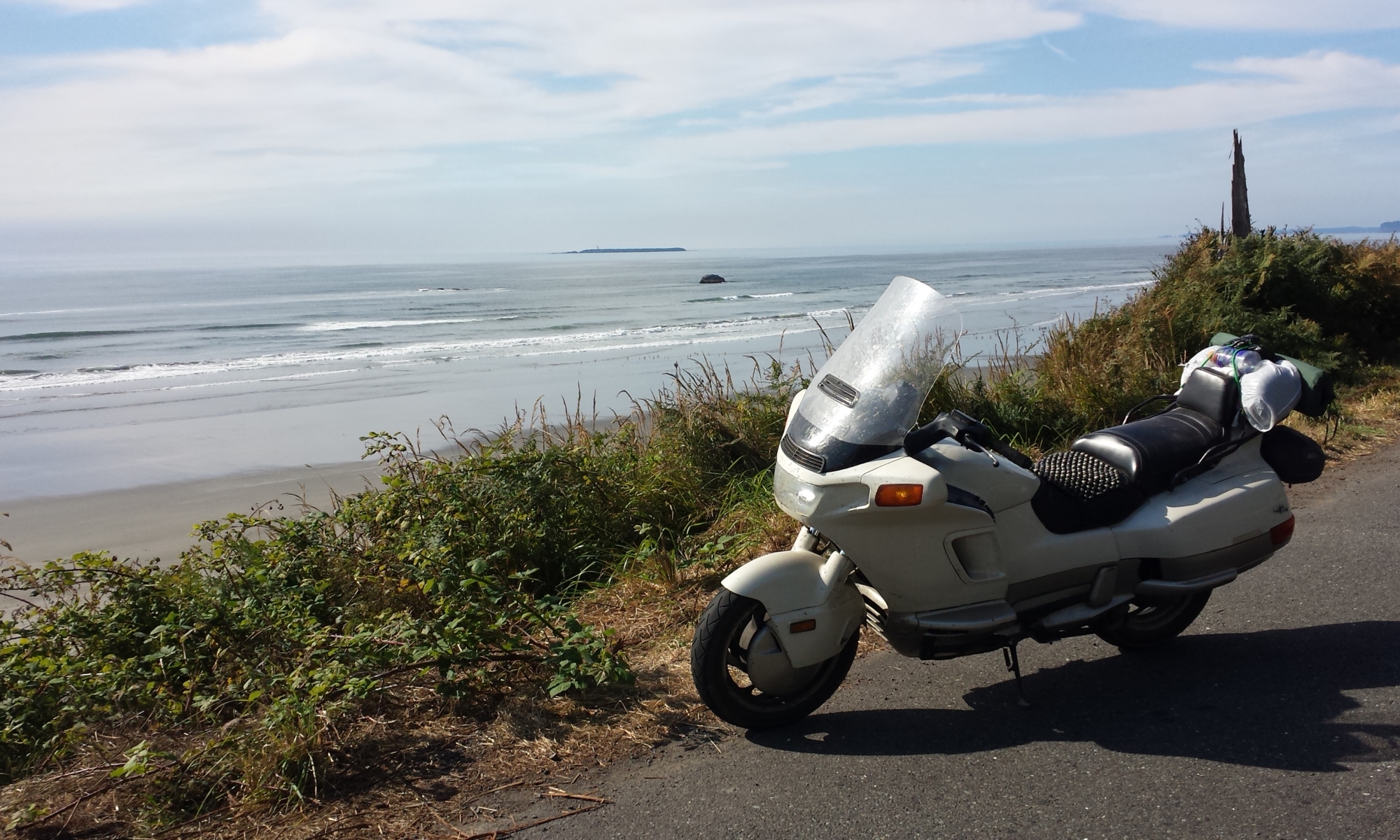This Ksar is incredible. It blows every other Ksour out of the water.










































These mill stones were stolen from some Roman site. All over Tunisia I’ve seen old Roman columns used as mill stones. It’s amazing there’s anything left in the Roman cities for us to look at!




Notice the faint wall of rocks starting in the middle of the screen at the edge of the hill. From some other vantage points, this appears to continue on around the hill quite a distance. The blocks that the wall was constructed out of are very different from anything else used in the site. They are all very large and cut with a good deal of precision. The rocks used to construct the Ksar are all small and irregular. The wall didn’t have any mud or cement to support it and hold it together. The Ksar is constructed with mud and cement. This wall actually appears to be part of an old Roman road! Those Romans were EVERYWHERE!





































